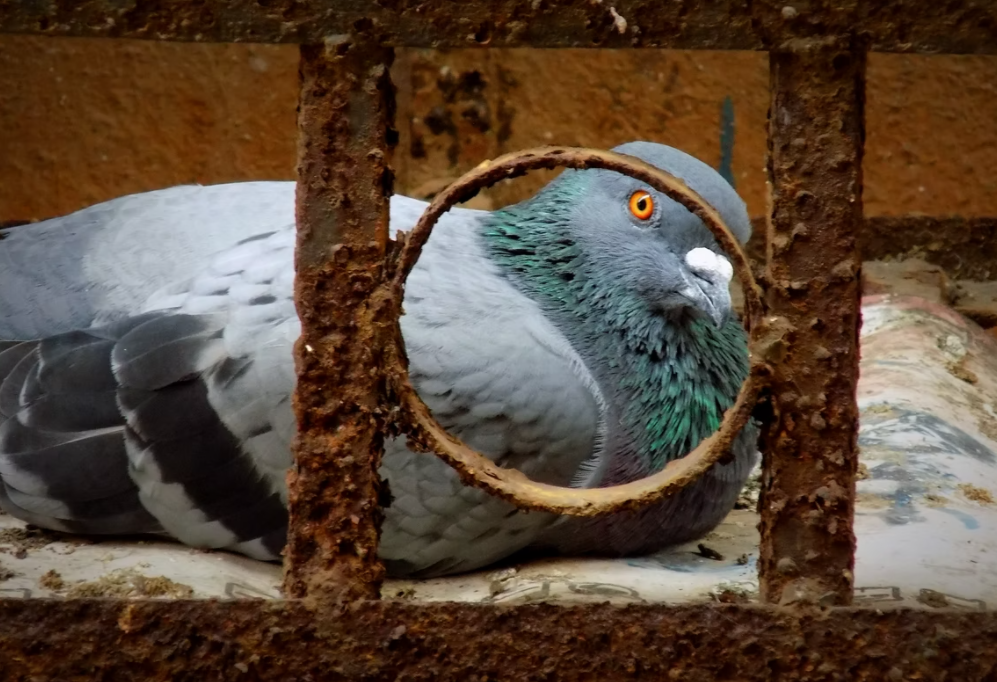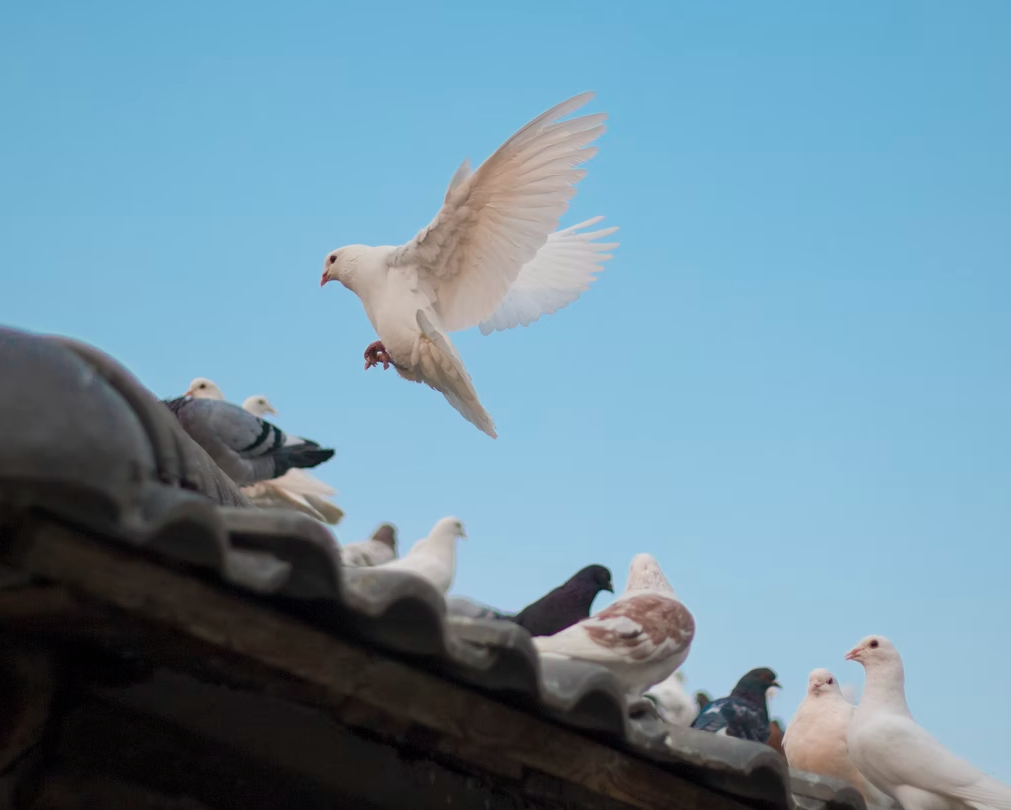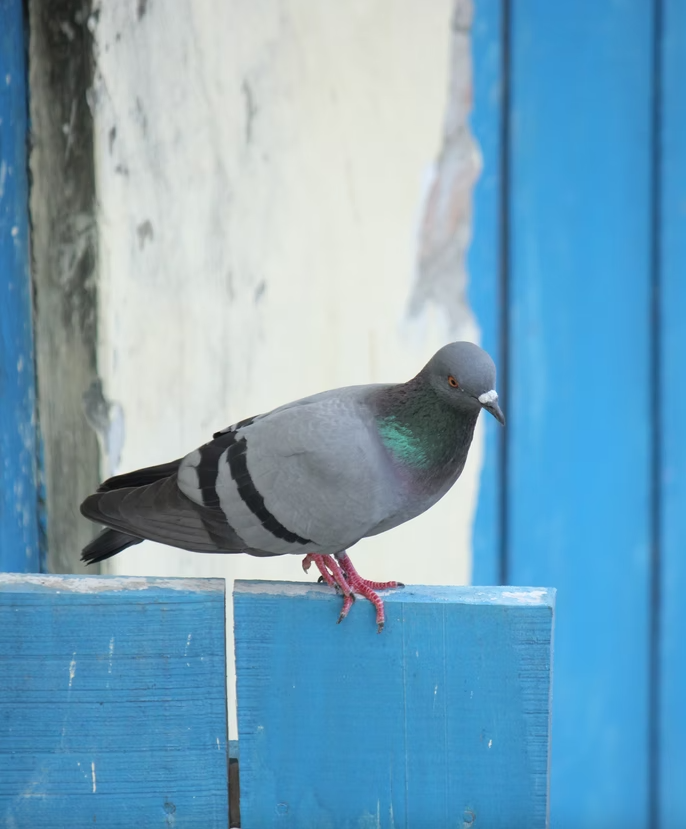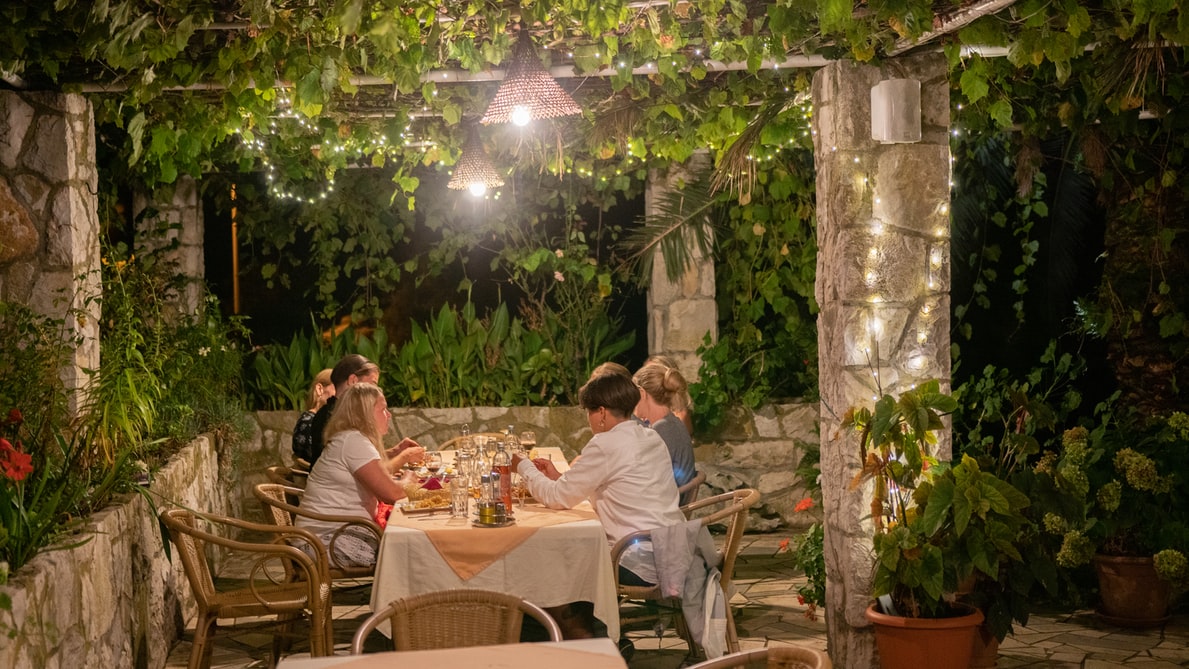Poisoning Pigeons: Is It a Good or Bad Idea?

Do you have a pigeon problem at home? Here is how you can solve it once and for all!

Photos By: Unsplash
A pigeon infestation is an annoyance and a hazard. Their continuous loud squawking can become deafening when too many pigeons occupy one space. They seem to squabble constantly, and getting a moment’s peace becomes a challenge. Pigeons also leave an unsightly mess behind wherever they go, thanks to their seemingly incessant pooping. Pigeon dander from their feathers and in their nests is harmful to humans. It contains mites, lice, and other germs that could make you ill.
If you want to get rid of pigeons, you have two options: deter them or reduce their population numbers. If you opt to approach this problem using the latter, culling pigeons is possible using poison. Here are some points to consider if you want to poison a pigeon population:
An Overview
Before even considering this option, ask this important question: can you poison pigeons in your area? Many municipal and local authorities have bylaws prohibiting the poisoning of pigeons unless professional exterminators handle the job. Some ban the practice altogether, regardless of who does it. In such cases, you could be liable for fines and other sanctions if you attempt to poison them. You might also experience challenges getting your hands on pigeon poison as it is not readily sold to the public.
Humane societies and other animal rights groups take a dim view of pigeon culling and are vocal in their opposition to poisoning these birds. They question whether it is the best and only solution for a pigeon population problem that has befallen many urban areas worldwide. While they acknowledge that the situation is out of control in many city centers, they remain reluctant to endorse killing pigeons.

The Potential Risks of Poisoning
Pigeon populations grow unabated at the expense of other bird species. These birds are so dominant that they win the competition for food, water, and other resources. The result is declining numbers among other bird species. This could worsen if you try and poison pigeons, as you cannot control which birds consume the substance. While you might aim to kill some pigeons to make room for other birds, you could kill the species you want to save.
Pigeon poison is not discerning to the extent that it cannot be harmful to others who consume it. Your pet cat or dog could get hold of some poison, become very ill, or die. Cats are at additional risk as they can get to areas where you put poison, such as on a roof. Pigeon poison should be stored and placed out of the reach of children as ingesting it could cause a fatality.
Is Poisoning Effective?
The challenge with poisoning pigeons is knowing what to use and how much is necessary. Using the wrong product in incorrect quantities will do nothing to solve your pigeon problem. You also risk some adverse, unintentional consequences mentioned above. This should lead you to question whether poisoning is a good solution for exploding pigeon populations.
Experts believe that killing pigeons, whether by shooting, poisoning, or trapping, presents a short-term solution to a long-term problem. Pigeons reproduce at an alarming rate, replacing their culled counterparts with more squabs. Pigeon squabs remain with their parents for a short time before leaving the nest, preparing to breed, and leaving the mating pair to reproduce again. Culling pigeons does not disrupt their reproduction cycle sufficiently to have a marked impact. Indeed, many pest control specialists prefer pigeon birth control, which causes females to lay eggs that do not hatch. This approach can reduce a pigeon population by more than 50% in the first year when used correctly, making it a more efficient way of dealing with the matter than culling.
Is Poisoning Humane?
While manufacturers and proponents of pigeon poison say that the animals do not suffer after ingesting the product, this is not necessarily true. Indeed, consuming insufficient poison can make the birds ill without killing them. Their suffering is great, and those that do expire die a slow, agonizing death. Death is efficient and painless when a pigeon ingests enough poison, but there is no guarantee this will happen.
Animal rights activists argue that culling is inhumane compared with other population control methods, such as pigeon birth control. Another alternative is trapping the birds and removing them. However, this is unlikely to work as pigeons are renowned for their remarkable homing instincts.
Are There Any Pros to Poisoning?
There are not many arguments that prove poisoning is the best way to manage a pigeon population. Given the other options available to home and building owners, it is by no means efficient and poses too many risks to other creatures. The legal implications alone should give you pause for thought.
Pigeon poisoning should not be your first option when coming up with solutions to a pigeon infestation. Using deterrents and other preventive measures is less invasive and often delivers far better results.






